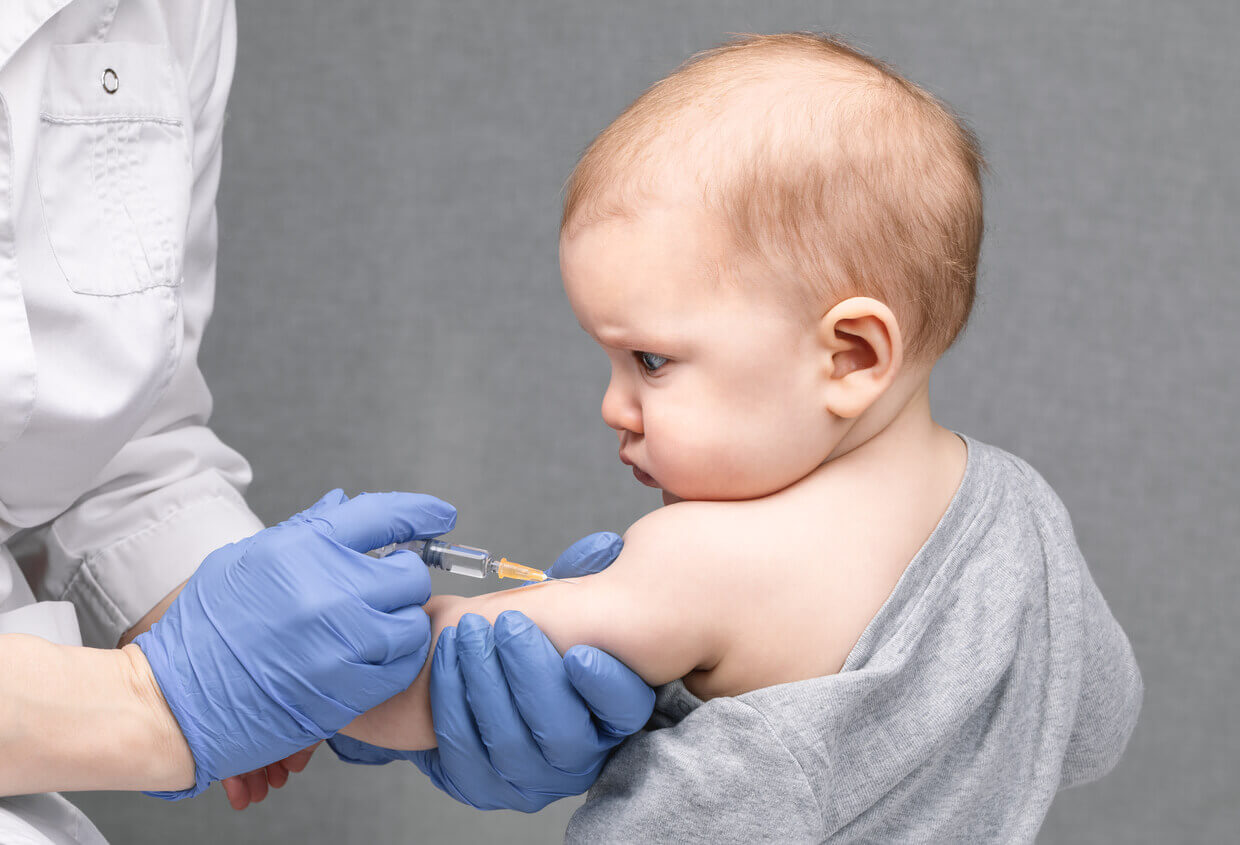Immunization is the process of making a person resistant to a disease, typically by the administration of a vaccine. Vaccines work by exposing the body to a weakened or inactive form of a virus or bacteria, which helps the body develop immunity to the disease.
When a person is vaccinated, their immune system responds by producing antibodies against the virus or bacteria. These antibodies will protect the person from getting sick if they are later exposed to the disease.
Immunization is one of the most effective ways to prevent infectious diseases. Vaccines have helped to save millions of lives and have contributed to the eradication of some diseases, such as smallpox.
Types of vaccines
There are many different types of vaccines, each designed to protect against a specific disease. Some common types of vaccines include:
- Inactivated vaccines: These vaccines contain killed or weakened viruses or bacteria. They are the most common type of vaccine and are safe and effective for most people.
- Live attenuated vaccines: These vaccines contain live viruses or bacteria that have been weakened so that they cannot cause disease. They are more effective than inactivated vaccines in some cases, but they can also cause more side effects.
- Toxoid vaccines: These vaccines contain toxins that have been produced by bacteria or viruses. The toxins have been modified so that they cannot cause disease, but they can still stimulate the immune system to produce antibodies.
- Conjugate vaccines: These vaccines combine a weakened or inactivated virus or bacteria with a protein from another organism. This helps the body to produce more antibodies against the virus or bacteria.
How are vaccines given?
Vaccines can be given by injection, by mouth, or by nasal spray. The method of administration depends on the type of vaccine.
Injections are the most common way to give vaccines. They are safe and effective, and they can be given to people of all ages.
Some vaccines can be given by mouth. These vaccines are usually given to infants and young children.
Nasal sprays are a newer way to give vaccines. They are convenient and easy to administer, and they are well-tolerated by most people.
How effective are vaccines?
Vaccines are very effective in preventing infectious diseases. In most cases, vaccines provide lifelong protection against disease.
The effectiveness of a vaccine can vary depending on the type of vaccine, the age of the person being vaccinated, and the person’s immune system.
Side effects of vaccines
Most vaccines are safe and have few side effects. The most common side effects of vaccines are mild and go away on their own within a few days. These side effects can include:
- Pain, redness, and swelling at the injection site
- Fever
- Fatigue
- Headache
- Muscle pain
- Chills
- Nausea
Serious side effects from vaccines are rare. Some serious side effects that have been reported after vaccination include:
- Anaphylaxis (a severe allergic reaction)
- Guillain-Barré syndrome (a rare neurological disorder)
- Inflammatory bowel disease
The benefits of immunization
The benefits of immunization far outweigh the risks. Vaccines have helped to save millions of lives and have contributed to the eradication of some diseases.
Immunization can protect people from serious illness, disability, and death. It can also help to protect the community from disease outbreaks.
The importance of immunization
Immunization is one of the most important things that people can do to protect their health. It is especially important for infants, young children, and people with chronic health conditions.
Everyone should get vaccinated according to the recommended schedule. This will help to protect them from infectious diseases and keep them healthy.
The future of immunization
Vaccines are constantly being improved. New vaccines are being developed to protect against new and emerging diseases.
In the future, we can expect to see even more effective and safe vaccines. These vaccines will help to protect people from disease and improve the health of the world.
I hope this overview of immunization has been informative. Please let me know if you have any other questions.






